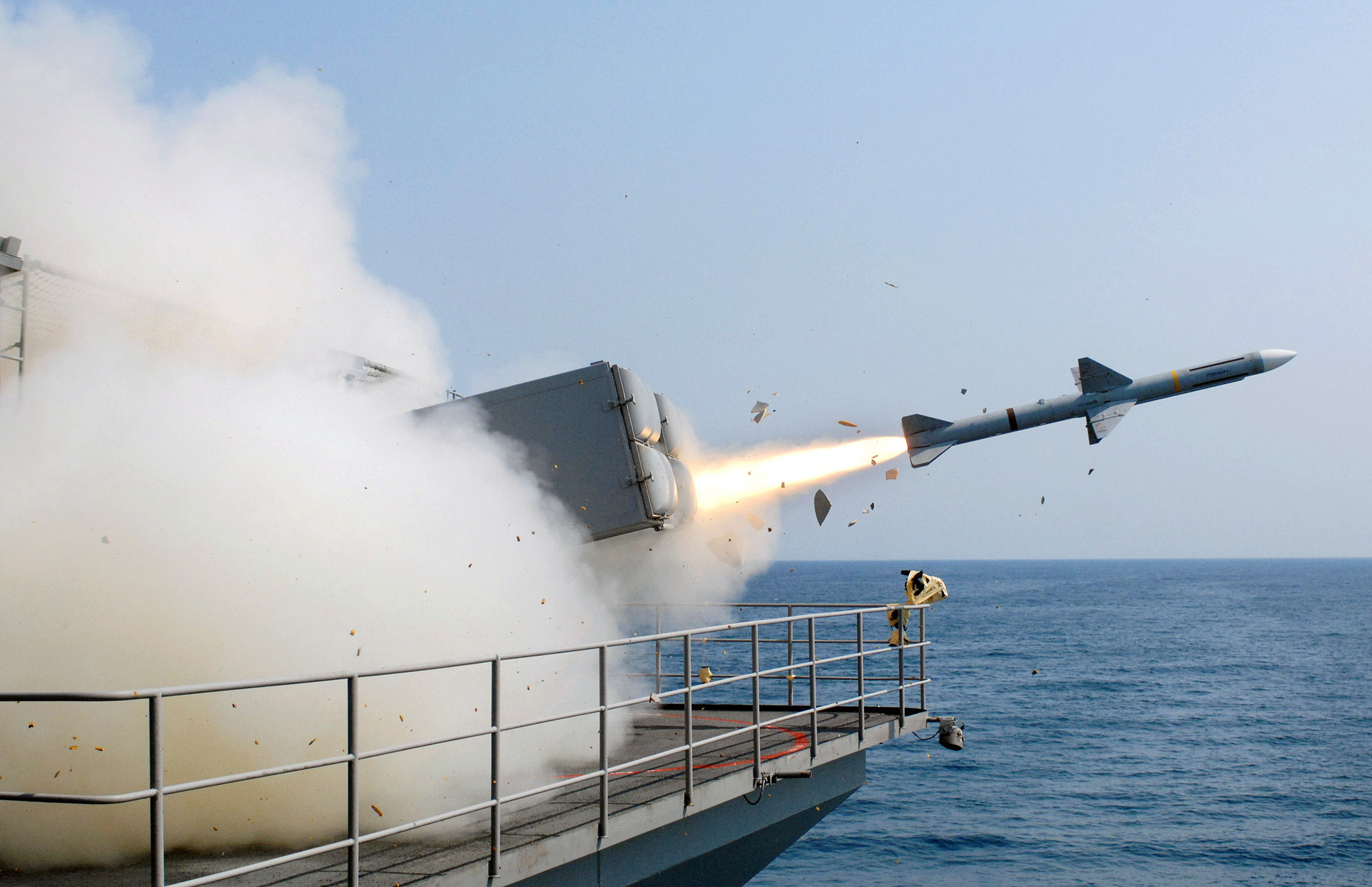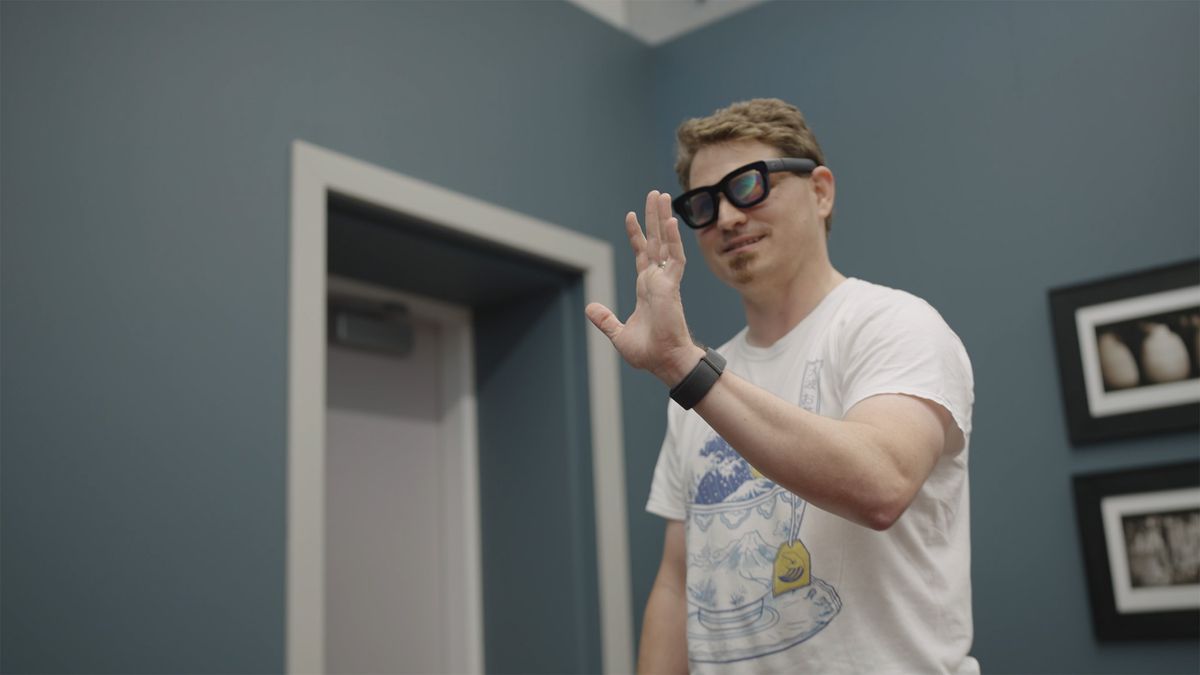President Joe Biden posthumously awarded the Medal of Honor Wednesday to two soldiers for their actions hijacking the Confederate railroad, April 12, 1862.
Today, Secretary of Defense Lloyd J. Austin III inducted privates Philip G. Shadrach and George D. Wilson into the Pentagon’s Hall of Heroes — where the names of all service members who receive the Medal of Honor are enshrined.
“The very first recipients of the Medal of Honor were a small band known as Andrews’ Raiders, named for a spy for the Union Army, James Andrews, who led one of the most daring operations in the entire Civil War,” Biden said during the White House ceremony. “Two soldiers … died because of that operation but never received this recognition. Today, we right that wrong. Today, they finally receive the recognition they deserve.”
During the Hall of Heroes ceremony, Austin described both men as being well-liked by their peers and eager to volunteer to help their nation.
“One comrade remembered that Pvt. Shadrach was solidly built, merry and reckless, with an inexhaustible store of good nature. Yet his brothers in arms could count on him, as one said, to sacrifice anything for a friend,” Austin said. “Other soldiers said that Pvt. Wilson was tall and spare, with high cheekbones and sharp gray eyes. His battle buddies felt from him a greatness of soul which sympathized intensely with our struggle for national life.”
In April 1862, Shadrach and Wilson, both part of the 2nd Ohio Volunteer Infantry, agreed to join Andrews’ Raiders. Led by Andrews, a civilian, the Raiders initially included 22 soldiers and two civilians.
They planned to execute a mission that has come to be called The Great Locomotive Chase — a clandestine mission to travel undercover through enemy territory into Georgia, steal a locomotive, and then use it to travel north to Chattanooga, Tennessee, a city Union soldiers planned to capture.
“Along the train journey, they would destroy enemy bridges, railroad tracks, telegraph lines, disrupting communication and vital supply lines, sabotaging the railroad that the Confederate army used to move troops. All of that would make the Union capture of Chattanooga much more likely,” Biden said. “And that would [also] cut off the Confederate army from both the Ohio and Mississippi river valleys. A huge … strategic victory that could bring the war to a swift end.”
Beginning April 7, the group departed on foot from their location near Shelbyville, Tennessee, to travel to Chattanooga, where they planned to catch a train southbound to Marietta, Georgia. During this initial part of the mission, two soldiers were captured by Confederate forces, leaving only 20 soldiers and two civilians to continue on.
By April 11, the Raiders reached Chattanooga and in the late afternoon boarded a southbound train headed for Georgia. By midnight they’d reached Marietta, where they spent the night.
On the morning of April 12, the group awoke and boarded another train, this time northbound, back to Chattanooga. Two soldiers, however, didn’t make it aboard and were left behind.
During its trip northbound, the train paused at a stop called Big Shanty to allow passengers to eat breakfast. It was here the Raiders took control of the train’s engine, called The General.
“Quickly and quietly, they detached three boxcars and a locomotive, hopped in, and began moving at full speed north to Tennessee,” Biden said.
Biden said the weather made their task difficult, as did the presence of other trains on the track that they hadn’t expected. All of this slowed down the pace of their mission.
“By then, Confederate forces were in hot pursuit, but George and Philip and the rest of the Raiders didn’t quit,” Biden said. “They kept going nearly for seven hours, destroying as much track as they could along the way and cutting as many telegraph wires as they could.”
The Raiders did damage to Confederate communications — destroying rail and telegraph lines. The engine ran out of steam just north of Ringgold, Georgia, about 18 miles south of Chattanooga. It was there the group was disbanded and given orders to evade capture.
Eventually, however, Confederate forces captured every man who had been on the train, as well as the two soldiers left behind in Marietta. Eight of those men, including Shadrach, Wilson and both civilians, were executed as prisoners of war.
“Pvt. Shadrach and Pvt. Wilson were among the first to be captured, and a Confederate military court sentenced them to hang,” Austin said.
Pvt. Shadrach told his fellow prisoners that he sought comfort in his faith,” Austin recounted.
Pvt. Wilson’s thoughts also turned to his trust in God and to his belief in America. One account says that Wilson was surrounded by a scowling crowd, but he spoke to them while standing under the gallows. Pvt. Wilson told that angry crowd that they would yet see the time when the old union would be restored and when its flag would wave over them again — and he was right.
“Nearly a year after the Andrews raid, Secretary of War Edwin Stanton welcomed the surviving Raiders to Washington, and he presented them with a newly-created award for valor, making them the first U.S. service members to receive the Medal of Honor,” Austin said.
While the two civilians in the group were not eligible for the Medal of Honor, the soldiers were. Shadrach and Wilson, however, were never recommended for the medal.
“Their heroic deeds went unacknowledged for over a century. But time did not erase their valor,” Biden said during the White House ceremony.
While inducting them into the Hall of Heroes, Austin said “Today, more than 160 years later, we complete that arc of history, and we link the first recipients of the Medal of Honor to the newest recipients of the Medal of Honor.”
Austin said the names of Shadrach and Wilson would finally join those of their fellow Raiders.
“The names of Pvt. Philip Shadrach and Pvt. George Wilson will be inscribed forever in the Hall of Heroes alongside their fellow Raiders,” Austin said. “Their medals are new, yet their bravery is eternal. On this Independence Day, their story reminds us of the American patriots who risked everything for our freedom and for our union and for our future of liberty under law. Their story doesn’t just inspire us, it challenges us. So we are not just here to honor their sacrifice, we are here to live up to their example.”
Descendants of the two soldiers were on hand at both the White House and Pentagon ceremonies to represent them.
At the White House ceremony, Shadrach’s great-great nephew Gerald Taylor received the medal on his behalf. Receiving the medal on behalf of Wilson was his great-great granddaughter Theresa Chandler.





















Discussion about this post